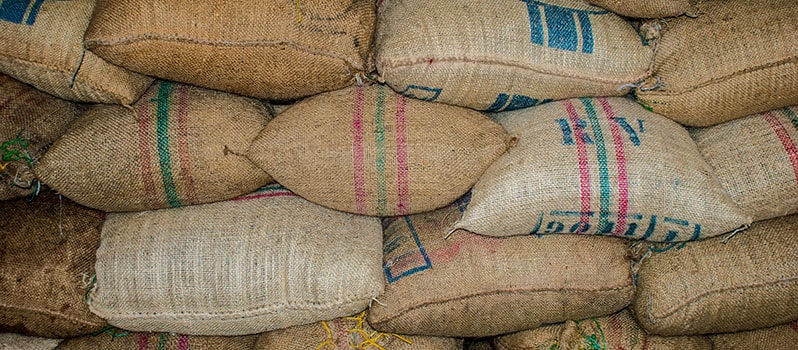What is Single Origin Coffee?
Single origin coffee refers to coffee beans that come from one specific location. This could be a particular country, region, or even a single farm. The term “single origin” emphasizes the traceability and uniqueness of the beans.
Characteristics of Single Origin Coffee
Single origin coffees are celebrated for their distinct flavors that reflect their specific geographic origins. Factors such as soil composition, altitude, climate, and local farming practices contribute to unique taste profiles. For example:
- Ethiopian Yirgacheffe: Known for its floral notes and bright acidity. Try our Ethiopian Yirgacheffe) (https://unionplacecoffeeroasters.com/product/ethiopian-yirgacheffe-coffee/)
- Colombian Coffee: Often characterized by its balanced flavor and mild sweetness. Try our Organic Columbian Medium Roast (https://unionplacecoffeeroasters.com/product/colombian-medium-roast/)
- Sumatran Coffee: Noted for its earthy tones and full body. Try our Organic Indonesia Sumatra Mandheling (https://unionplacecoffeeroasters.com/product/indonesia-sumatra-fair-trade-organic/)
Benefits of Choosing Single Origin Coffee
- Transparency: Knowing exactly where your coffee comes from allows for greater transparency in terms of ethical sourcing and sustainability.
- Unique Flavors: Each single origin coffee offers a unique tasting experience that reflects factors such as the soil, topography, and climate.
- Quality Control: Since these coffees are sourced from specific locations, they often undergo rigorous quality control measures.
What is Blended Coffee?
Blended coffee consists of beans sourced from multiple locations or even different countries. The primary aim is to create a balanced flavor profile by combining various characteristics from different beans.
Characteristics of Blended Coffee
Blends are crafted to achieve consistency in flavor, aroma, and body. They are often designed to appeal to a broader audience by balancing acidity, sweetness, bitterness, and body.
Common Types of Blends
- Espresso Blends: Typically combine beans with rich flavors suitable for espresso brewing.
- Breakfast Blends: Usually lighter roasts designed to be smooth and easy-drinking.
- House Blends: Signature blends created by cafes or roasters that offer a consistent taste experience.
Benefits
- Consistency: Blended coffees provide a reliable taste profile that doesn’t vary significantly between batches.
- Versatility: Suitable for various brewing methods including drip coffee makers, French presses, and espresso machines.
- Balanced Flavor: By combining different beans, roasters can create well-rounded flavors that appeal to many palates.
Comparing Single Origin Coffee vs Blended Coffee
Flavor Profile
- Single Origin Coffee: Offers unique flavors that reflect its place of origin; each cup tells a story about its journey from farm to cup.
- Blended Coffee: Aims for balance and consistency; ideal if you prefer a reliable taste every time you brew.
Price Point
- Single Origin Coffee: Often more expensive due to limited availability and higher quality control standards.
- Blended Coffee: Generally more affordable as it uses beans sourced from multiple locations which can help lower costs.
Ethical Considerations
- Single Origin Coffee: Easier to trace back to specific farms or cooperatives; often associated with fair trade practices.
- Blended Coffee: While some blends may also adhere to ethical sourcing standards, it’s harder to trace back each component bean’s origin.
Which Should You Choose?
The choice between single origin coffee and blended coffee ultimately depends on your personal preferences:
- If you enjoy exploring diverse flavors and appreciate knowing where your beans come from, single origin coffee might be your best bet.
- If you value consistency in your daily cup or need versatility across different brewing methods, blended coffee could be more suitable.
Understanding the difference between single origin coffee and blended coffee can elevate your appreciation for this beloved beverage. Single origin coffees offer unique flavors tied closely to their geographic origins while providing transparency in sourcing practices. Blended coffees deliver consistent taste profiles designed to appeal broadly while offering versatility across various brewing methods.
Whether you’re an adventurous taster seeking new experiences or someone who prefers reliability in their morning routine, there’s something special about both types of coffees waiting for you in every cup! Stop in and try some of our single origin coffees or coffee blends.


Customer Reviews